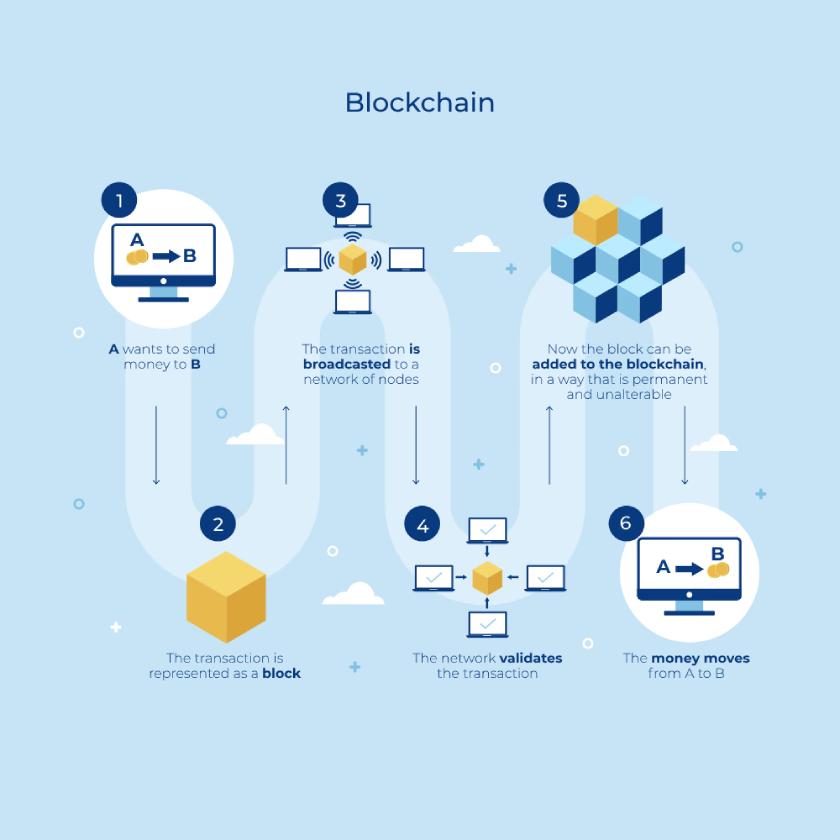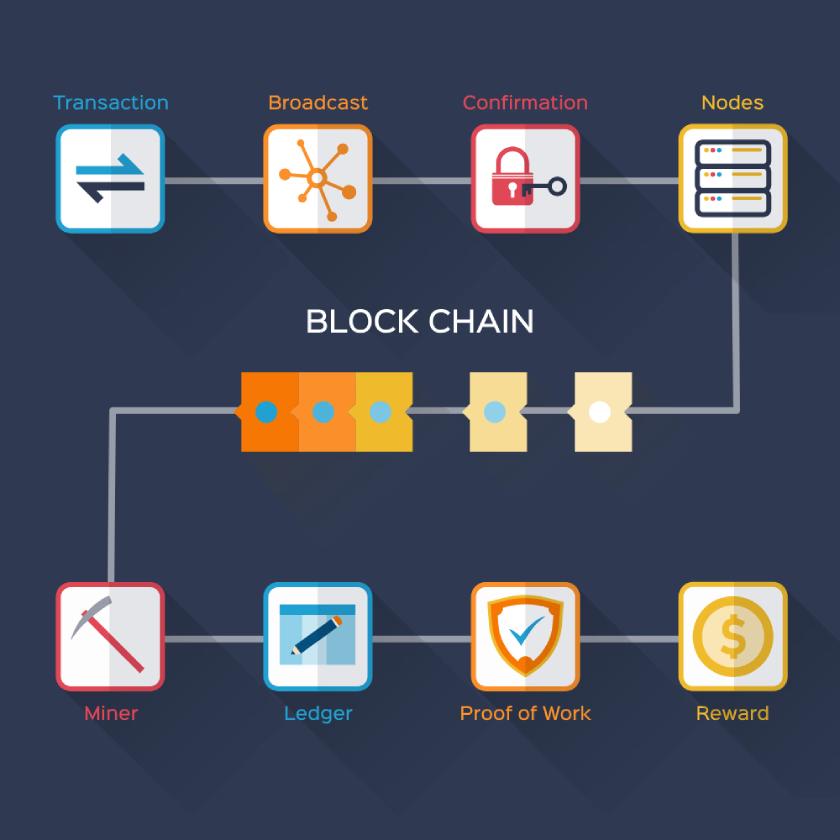Empower Your Business with a Secure Ecosystem of Blockchain
Crafting tailored blockchain solutions to create powerful, reliable, and cutting-edge software development driven by a decentralized blockchain network.
Competently Aligned Professionals
At Decipher Zone, we connect your business with top-tier software developers, product managers, designers, and business consultants, precisely tailored to meet your specific needs.
Product Owners
Our product owners and managers possess extensive experience across various industries that ensure your projects are managed with the highest level of professionalism and efficiency.
Development Experts
With hands-on experience in hundreds of projects across diverse industries, our team is equipped to deliver exceptional results tailored to your business objectives.

Smoothly Shift to Blockchain with Our Consulting Services
With expertise in all major blockchain platforms including Hyperledger, Ethereum, Ripple, Corda, Stellar, and Binance, our consultants will assist you in turning your vision into feasible use cases.
Blockchain Strategy
We assess your idea's potential using real-life blockchain applications and offer strategies for developing viable solutions.
Blockchain Audit
Our blockchain security audit can assist your organization's application in handling transactions of significant value.
Blockchain Security
To ensure the security of your blockchain application, we leverage cyber security practices along with security tools like Elliptic, Hacken, and SlowMist.
Explore the
Blockchain Networks We Offer
Public Blockchain
It is an open-source, permissionless blockchain ledger that authorizes users to access the blockchain's current and past transaction records.
Private Blockchain
With private blockchain, organizations get a restrictive environment that can only be accessed and controlled by a closed network or an organization.

Boost Data Encryption with Blockchain Development Services
At Decipher Zone, we have a team of over 150 professionals with decades of experience in delivering highly functional, feature-rich, and secure software solutions that exceed our clients' expectations.
Our team specializes in blockchain technology, helping our clients to achieve encrypted, decentralized blockchain software platforms on any blockchain network that aligns with their business needs.
You can hire a dedicated team of blockchain developers from our talent pool who will understand your requirements and help you leverage blockchain technology effectively.
Partner with us to get custom blockchain development services for startups, mid-level, and enterprise-level businesses worldwide.

Technologies and Platforms We Use
Frontend
Backend
Mobile
Database
Frameworks
Cloud & DevOps
Ecommerce & CMS

ReactJS

Angular

Javascript

CSS 3
Ready to take your business to the next level? Outsource top-notch blockchain development services from Decipher Zone and experience how we deliver an immaculate, versatile solution to empower your business.
Leading Industries that We Proudly Serve
Decipher Zone’s expert team has successfully assisted various organizations across multiple industries in integrating blockchain technology to achieve their digital transformation objectives.
Banking & Finance
We develop and maintain efficient banking and finance solutions to streamline processes, enhance fraud detection, and improve data security using smart contracts and DLTs.
Real Estate
Revolutionize real estate management with cutting-edge blockchain technology that streamlines processes, simplifies ownership transfers, prevents fraud, and enables smooth international transactions through smart contracts and unique tokens.
eCommerce
Our team can help you develop a robust and secure eCommerce platform, complete with store performance analytics, inventory management, token holder benefits, encrypted transactions, and comprehensive supply chain management.
Healthcare
Implement a data-driven, secure blockchain-based healthcare software system built on Ethereum smart contracts. Our solution ensures data security, reliable accessibility, and advanced metadata search capabilities.
Building Uparalleled Blockchain Solutions
As a prominent software development company, Decipher Zone specializes in delivering customized blockchain solutions that perfectly align with your specific business needs, no matter how complex they may be. By outsourcing to us, you gain access to seasoned blockchain professionals who excel in building unparalleled, encrypted systems. Our expertise ensures strategic competitive advantages for your business.
Benefit from our extensive hands-on experience across a spectrum of existing and emerging technologies, setting us apart from competitors.
Contact our experts today to experience a seamless transition to blockchain technology.
Customization at every level! Meet your Goals, Connect Now →
FAQs
What blockchain platforms do your developers work on?
Why choose Decipher Zone for blockchain development services?
What do you include in the blockchain app development process?
How much time does it take to develop a blockchain software solution?
What is the cost of developing blockchain-based software?
Get Your Free Project Estimation
Start Your Project With a 30-Minute Free Expert Consultation